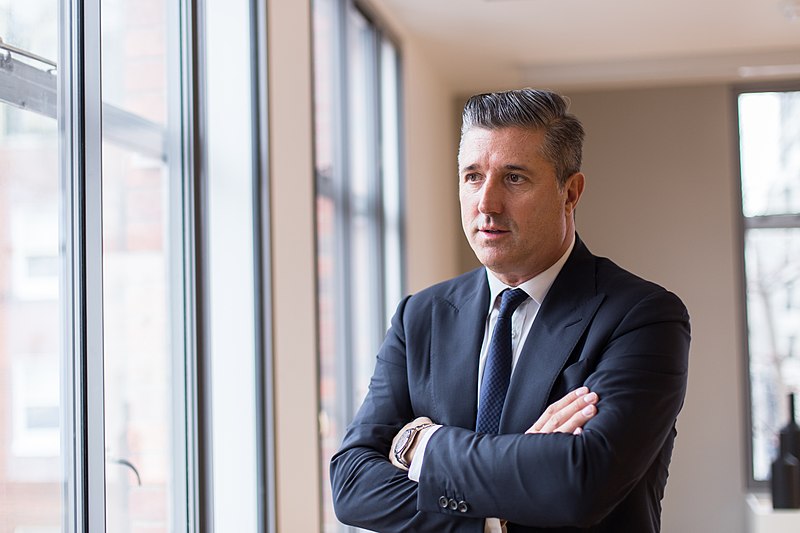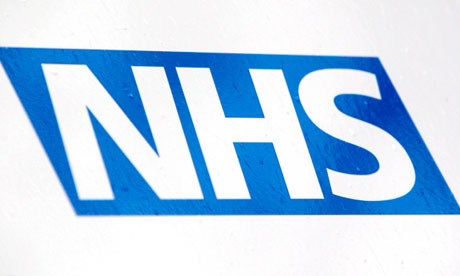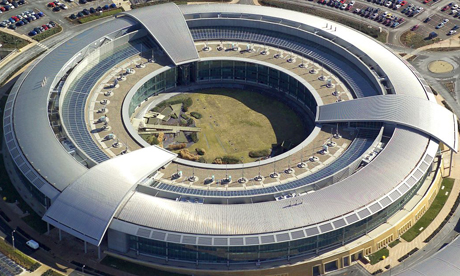Revealed: How ‘unfit’ PPE helped former playboy buy two mansions
Original article by Adam Bychawski republished from Open Democracy under a Creative Commons Attribution-NonCommercial 4.0 International licence.
Glove tycoon Robert Gros splashed millions on luxury homes and planned to build cinema, disco and golf simulator

A former ‘playboy’-turned-businessman made a fortune supplying PPE during the pandemic, even though the NHS may be unable to use millions of the gowns his company delivered, openDemocracy can reveal.
Chemical Intelligence Limited was awarded a £126m contract to supply 21 million medical gowns that were desperately needed to protect NHS workers treating Covid patients in May 2020. But data released to openDemocracy through freedom of information law shows the Department of Health and Social Care later deemed 4.5 million of them – worth an estimated total of £27m – “not fit for use” in the NHS.
Lawyers acting on behalf of Robert Gros, the sole owner and CEO of Chemical Intelligence, said Gros could not comment because he “did not recognise these figures or amounts”.
The bumper PPE contract allowed Gros, 51, to turn around his business, which had made losses two years running prior. Chemical Intelligence declared profits of £33m for the year up to September 2020 according to accounts filed on Companies House. It had just two employees, including Gros, when it landed the multi-million pound government contract.
Gros personally splashed out on a £4m country pile just four months after he clinched the PPE deal. In 2021, after his company reported a further £31m in profits, he bought a second £2m country home and asked for planning permission to fit a basement bowling alley in the first.
The businessman then paid himself £7m in dividends in January 2022 – after having already loaned himself £6m the year before. Two months later, he transferred £40m in dividends to a holding company that he entirely owns.
Gros would only answer our questions through his lawyers, who told us that he has paid all the necessary corporation tax and that the £4om would “continue to be reinvested” in his business.
The £126m contract was one of many for which the government apparently paid over the odds as demand for PPE skyrocketed during the pandemic and it did not have enough stockpiled. Gowns cost the government 1,260% more than they did before the pandemic, according to the National Audit Office.
A fifth of gowns supplied by Chemical Intelligence were labelled “not fit for use” because they “failed the technical, clinical or regulatory compliance assessment”, openDemocracy understands. The department would not elaborate on why the gowns failed checks, but according to the data released under FOI their value has been written down to £0.
“The department has processes in place to review the quality of PPE and determine whether products are suitable to be released to the frontline,” said a spokesperson. “Upon receipt, a sample of each product is reviewed by DHSC’s Technical and Regulatory Assurance team.
“A proportion of this stock was classified as ‘do not supply’. Stock in this category has not necessarily fallen short of standards and in many cases these products can be used in other settings.”
Gros’s lawyers insisted that all the PPE the company had supplied was “fit for purpose and use”, suggesting the DHSC may have been mistaken in its record-keeping. The department confirmed that Chemical Intelligence also supplied £35m worth of face masks and disposable surgical aprons under separate contracts also awarded in 2020, none of which was deemed unusable.
Of the £12bn the government spent in total on PPE, £4bn worth cannot be used by the NHS because it doesn’t meet the right standards, according to a 2022 report by the Public Accounts CCommittee of MPs.
Gros’s lawyers said that the sharp rise in profits for Chemical Intelligence was not all down to PPE deals he struck during the pandemic, and threatened openDemocracy with an injunction if we revealed details about his mansions.
The businessman, who had a reputation as a “playboy” in the late 1990s after dating a string of soap stars, appears to have made the most of his new fortune. The Cambridgeshire house he bought a few months after the contract was signed had six bedrooms, four reception rooms, a swimming pool and a gym, all heated by three boilers.
Three months later, he lodged a planning application with Cambridge City Council to more than double the size of the property. The proposed plan included the addition of a basement housing a dance floor, a two-lane bowling alley, a golf simulator, a room for arcade machines and a cinema.
Gros was forced to withdraw the application after it was rejected by planners for being too “modern” in style; neighbours had also raised concerns about the potential noise from the proposed bowling alley and dance floor. He resubmitted a new application in November, which was approved in April.
In June 2021, through another company of which he was the sole owner, Gros bought a second mansion with six bedrooms, three garages and an outdoor pool for £2m in a neighbouring village.
Chemical Intelligence, which Gros founded in 2012, develops medical examination gloves, which have been licensed to and manufactured by Malaysian firm Hartalega since 2017.
Hartalega is one of several Malaysian glove manufacturers that have been accused of using modern slavery. A leaked report by the Home Office in 2019 found there was “strong evidence” to suggest that the majority of Malaysian glove manufacturers that supply the NHS, which include Hartalega, “exhibit forced labour indicators”.
Lawyers acting for Chemical Intelligence said that the company “takes the issue of modern slavery extremely seriously and carried out its own due diligence to seek to satisfy itself that throughout the manufacturing process all of the correct procedures and safeguards are in place”.
Chemical Intelligence was one of 58 suppliers awarded a contract to supply medical gloves to the NHS in January 2022, but no information has been published on whether it has yet done so.
Original article by Adam Bychawski republished from Open Democracy under a Creative Commons Attribution-NonCommercial 4.0 International licence.
Whatever you’re interested in, there’s a free openDemocracy newsletter for you. HAVE A LOOK

